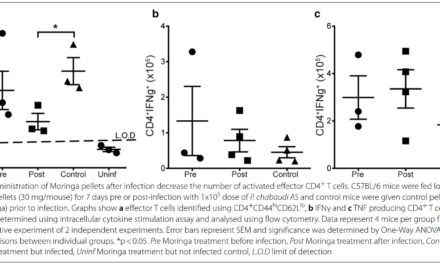Epigenetics and Precision Oncology
Rachael J. Werner*, Andrew D. Kelly*, and Jean-Pierre J. Issa Fels Institute for Cancer Research and Molecular Biology, Lewis Katz School of Medicine at Temple University, Philadelphia, PA
Abstract
Epigenetic alterations such as DNA methylation defects and aberrant covalent histone modifications occur within all cancers and are selected for throughout the natural history of tumor formation with changes being detectable in early onset, progression and, ultimately, recurrence and metastasis. The ascertainment and use of these marks to identify at-risk patient populations, refine diagnostic criteria, and provide prognostic and predictive factors to guide treatment decisions is of growing clinical relevance. Further, the targetable nature of epigenetic modifications provides a unique opportunity to alter treatment paradigms and provide new therapeutic options for patients whose malignancies possess these aberrant epigenetic modifications, paving the way for new and personalized medicine. DNA methylation has proven to be of significant clinical utility for its stability and relative ease of testing. The intent of this review is to elaborate upon well-supported examples of epigenetic precision medicine and how the field is moving forward, primarily in the context of aberrant DNA methylation.
(…)







